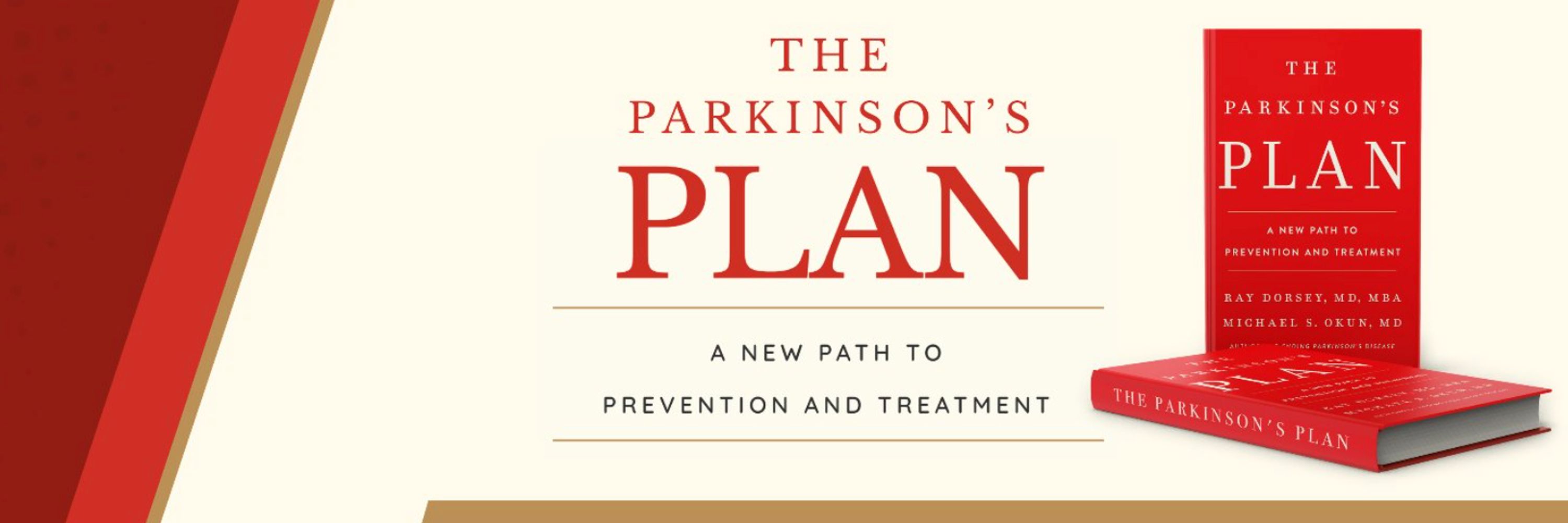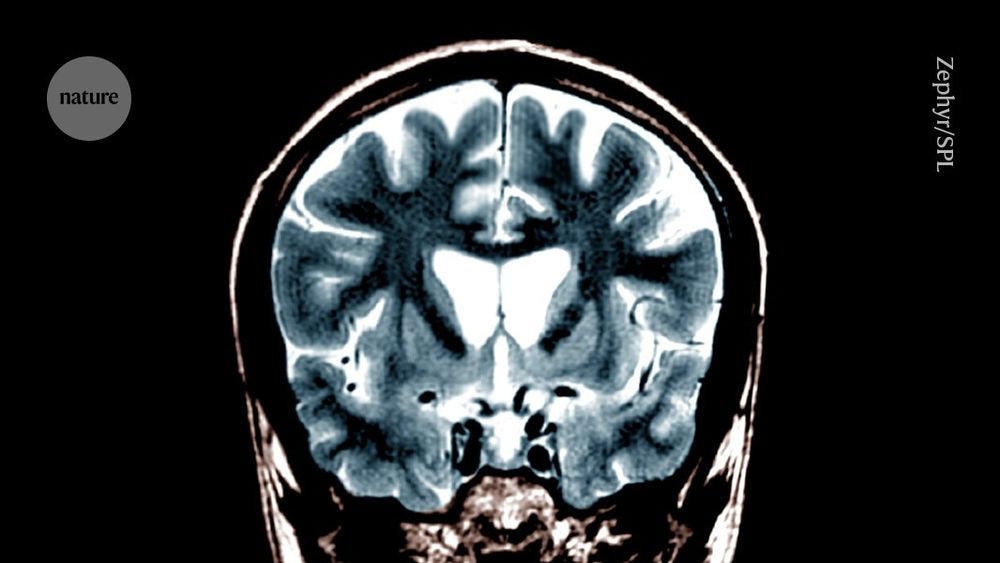Michael Okun
@michaelokun.bsky.social
2.4K followers
2K following
5.9K posts
NY Times Besting Author of the Parkinson’s Plan, Medical Advisor Parkinson Foundation, Author 15 books http://pdplan.org Distinguished Professor and Director of the Fixel, Associate Editor JAMA Neurology, co-founder @DBSThinkTank
Posts
Media
Videos
Starter Packs
Pinned
























